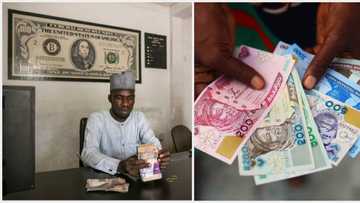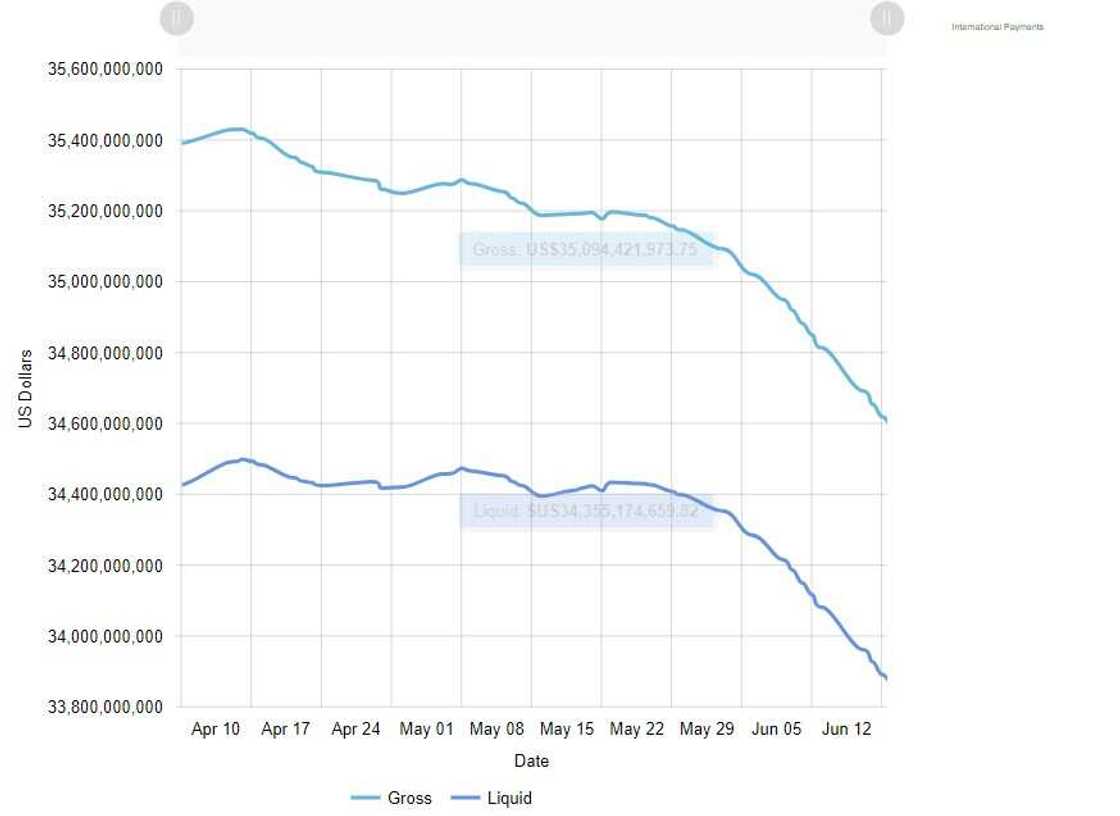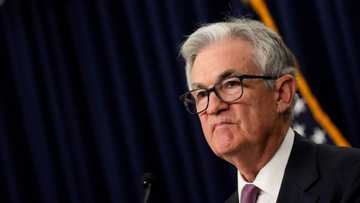Nigeria’s Foreign Reserves Drop by Over $600M in First 18 Days of Tinubu’s Presidency, Hit 2-Year Low
- Nigeria's foreign reserves is declining very fast and it is currently at one of its lowest after shedding $600 million again in the first few days of President Bola Tinubu's government
- This comes amid the decision by the Central Bank of Nigeria to float the Nigerian currency, which has seen the Naira fall to a record low
- Nigeria's foreign reserves is made up of foreign banknotes, deposits, bonds, treasury bills and other foreign government securities.
Nigeria's foreign reserves continue to reduce despite several investor friendly policies put in place by the new government.
According to figures obtained by Legit.ng at the Central Bank of Nigeria, Nigeria’s foreign exchange reserves has fallen by over $658.3 million in the first 18 days of June under President Bola Tinubu
As of June 16, 2023, the country’s foreign exchange reserves stood at $34.6 billion, compared with $35.25 billion on May 28, 2023, the data showed.

Read also
Naira bounces back as dollar exchanges same rate in official and black markets first time in 8 years

Source: Facebook
The last time Nigeria's reserves were at this low level was precisely two years ago, on Friday, July 9, 2021 when the reserves were at $34.59 billion.
PAY ATTENTION: Сheck out news that is picked exactly for YOU ➡️ find the “Recommended for you” block on the home page and enjoy!
Foreign reserves decline
The decline in foreign reserves under Tinubu's administration follows the downward trend observed since May 2023, at the end of his predecessor, Muhammadu Buhari's term.
According to Legit.ng analysis, in May, the reserves were down by N684.9 million. The month began with reserves at $35.27 billion and ended at $35.09 billion.
In fact, year to date, Nigeria's foreign reserves have experienced a decline of 6.5 percent, equivalent to $2.4 billion, from $37.08 billion on December 31st, 2022.
Renewed hope for Nigeria's foreign reserves
It is expected that the recent decision of the Central Bank of Nigeria to float the Naira will ease stress on Nigeria's foreign reserves.
This is because the CBN will no longer be under less pressure to pump forex into the market or any obligation to meet importers' demand.
In its new operation forex guidelines the CBN clearly stated:
“All transactions will now be done through the Investors and Exporters (I&E) window, where the exchange rate will be determined by market forces.
Aliko Dangote loses over N1.4trn in hours after CBN naira decision
Meanwhile, in another report, Nigerian billionaire Aliko Dangote's wealth has experienced a significant decline of N1.4 trillion following the devaluation of the naira
The devaluation was triggered by CBN's move to unify the country's multiple exchange rate system
Most of Dangote's investments, which are linked to his wealth, are based in Nigeria, and the performance of the naira directly affects his wealth
Source: Legit.ng



